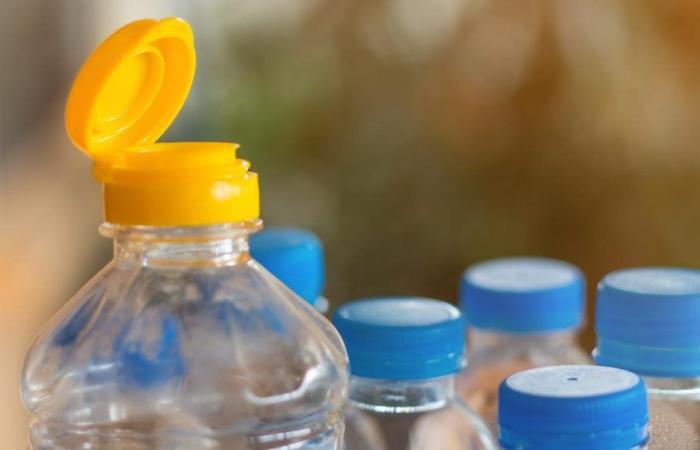From July 3rd, a new European regulation comes into force which provides for the exclusive sale of plastic bottles with caps designed to remain attached to the container. This measure, called “solidarity cap”, aims to reduce the dispersion of caps in the environment and is part of the fight against plastic pollution.
A move to protect the environment
The innovative design is simple but effective. The caps do not completely detach from the bottles, thanks to plastic strips that keep them connected. Big brands like Coca-Cola were among the first to implement this change, rolling out the new design across Europe over the past year.
About a year ago, Europe adopted a new regulation regarding plastic bottles and their caps. The regulation requires that the caps remain attached to the containers, a measure that aims to reduce the dispersion of microplastics and safeguard the environment. This initiative has sparked different reactions, with some people welcoming the novelty and others reporting difficulties in daily use.
This initiative falls under the latest provisions of the 2019 Single-Use Plastics (SUP) Directive. As early as 2021, Brussels had banned the placing on the market of various single-use plastic products, including plates, cutlery, straws and cotton buds. Now, the regulatory process continues with the obligation to adopt solidarity caps for plastic bottles.
This address is also in line with theUN Agenda 2030 for the circular economywhich includes a ban on the sale of certain single-use items, which make up a significant portion of plastic waste in the sea and on beaches.
The directive highlights how plastic caps and lids are among the most common types of waste found on European beaches. This has prompted the EU to introduce more stringent measures to combat marine and land pollution, focusing on more rigorous design standards for products.
Italian regions such as Lombardy, Veneto, Emilia-Romagna and Piedmont, which represent 70% of national plastic production, are particularly affected by this regulation. These areas are home to over 10,000 companies, which must adapt to the new provisions to maintain their competitiveness and sustainability.
Rules not just for plastic bottles
The new rules do not only apply to plastic bottles, but also to composite packaging, such as milk or fruit juice cartons. However, glass containers are excluded, as they do not fall into the categories affected by the new provisions.
Fresh fruit and vegetable packaging, toiletries in mini-hotels and fast food packaging in restaurants will soon be banned, according to the law approved in March. These measures are part of a broader plan that also includes the European Green Deal, despite criticism and opposition from lobbyists.
The hope is that caps attached to bottles will reduce the temptation to throw them away, as this would mean having to throw away the entire bottle. Each Member State can set its own design requirements, as long as the caps remain attached to the containers during use.
Not all consumers enthusiastically welcomed the new design. Many have complained on social media, reporting that the caps hit the face during consumption and make it difficult to pour drinks.






